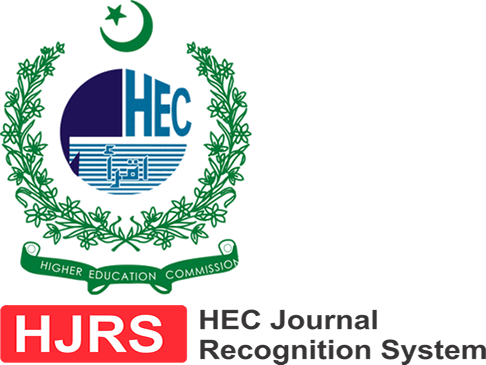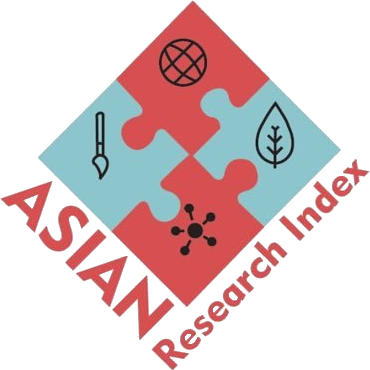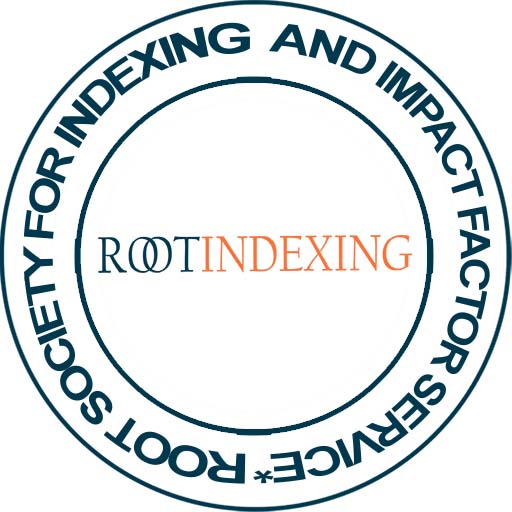UNVEILING THE ETHICAL DILEMMA: THE IMPACT OF SECULARISM ON ISLAMIC VALUES
DOI:
https://doi.org/10.5281/zenodo.13923124Keywords:
Quran, Islam, secularism, Laws, Society, Religion, belief, Atheist, Islamic lawAbstract
The relationship between Secularism, ethics, and Islamic religious principles is a highly argumentative topic, sparking fresh discussions on a variety of emerging issues contradictory to Islam. This study examines the complicated interplay between Islamic ethics and Secularism, highlighting the disagreement between the two ideologies. The study explains an Islamic perspective of Secularism and controversial laws that secular governments implement worldwide. The study investigates how Secularism affects Islamic ethics and considers its threats to moral standards and traditional religious beliefs. It illustrates how secular ideologies frequently conflict with Islamic values, resulting in many different unlawful decisions taken by secular countries. It also discusses how secular government affects morals and values in societies of the world, whether they belong to any religion; however, in the case of Muslim societies, these laws are highly debatable. Moreover, the study argues that even if Secularism might have some advantages for governance, it still has a huge contradiction to ethics and Islamic Values, and it is indeed contradictory to the teachings of the Quran. So, as a Muslim society, we must look deeper into the matter of imposing Secularism on Muslim states, and we must work for the implementation of Islamic law.
References
A. S. Hornby, Oxford Advanced Learner’s Dictionary, Special Edition (New York: Oxford University Press, 1998) Vol II, p 1062.
Morgan, Diane. Essential Islam: A comprehensive guide to belief and practice. (USA: Bloomsbury Publishing, 2009) p 57-58.
Lewis, Bernard, Islam and the West. (New York: Oxford University Press, 1993) p 135.
Charles Taylor, “Charles Taylor: A Secular Age. The Belknap Press of Harvard University Press, Cambridge, Mass., 2007,” Foro Interno 9, no. 0 (2009): 242–45, http://www.thedivineconspiracy.org/Z5233S.pdf.
Al-Quran 2:178-179.
Al-Quran 2:179.
Boland, Reed, and Laura Katzive. "Developments in laws on induced abortion: 1998-2007." International family planning perspectives (2008): 110-120.
Al-Quran 6:140
Al-Quran 6:151
Al-Quran 17: 31
Garrard, Eve, and Stephen Wilkinson. "Passive euthanasia." Journal of medical ethics 31, no. 2 (2005): 64-68.
Al-Quran 5:32
“Adoption & Family Formation - Surrogacy and Assisted Reproductive Technology,” accessed October 2, 2024, https://www.foxrothschild.com/adoption-family-formation/surrogacy-and-assisted-reproductive-technology.
United Nations, “UNODC World Drug Report 2022 Highlights Trends on Cannabis Post-Legalization, Environmental Impacts of Illicit Drugs, and Drug Use among Women and Youth,” 2022, https://www.unodc.org/unodc/en/frontpage/2022/June/unodc-world-drug-report-2022-highlights-trends-on-cannabis-post-legalization--environmental-impacts-of-illicit-drugs--and-drug-use-among-women-and-youth.html.
Al-Quran 2:219
Shameek Sen, “RIGHT TO FREE SPEECH AND CENSORSHIP: A JURISPRUDENTIAL ANALYSIS,” Journal of the Indian Law Institute 56, no. 2 (2014): 175.
Pew Research Center, “Same-Sex Marriage Around the World” (Washington, D.C., 2024), https://www.pewresearch.org/religion/fact-sheet/gay-marriage-around-the-world/.
Annette Choi, Jhasua Razo, and Rachel Wilson, “Where Same-Sex Marriage Is Legal around the World,” CNN World, June 18, 2024, https://edition.cnn.com/world/same-sex-marriage-legal-countries-map-dg/index.html.
Al-Quran 3:19
Al-Quran 2:132
Al-Quran 3: 73
Al-Quran 3:83
Al-Quran 3: 85

Downloads
Published
How to Cite
License
Copyright (c) 2024 AL MISBAH RESEARCH JOURNAL

This work is licensed under a Creative Commons Attribution 4.0 International License.
AL-MISBAH Research Journal is full open access and licensed under Creative Commons Attribution 4.0 International License; and Published by: Research Institute of Culture & Ideology (REINCI), Islamabad, Pakistan. This allows the research community and the general public to gain unlimited, free and immediate access to scholarly articles, and to reuse the content freely provided that proper attribution is given to the original authors.









